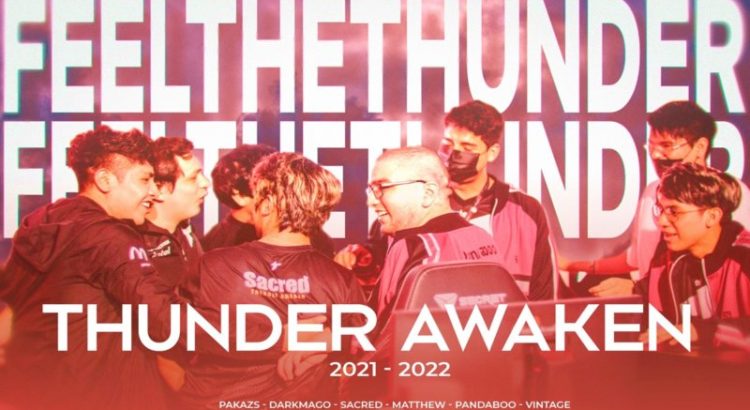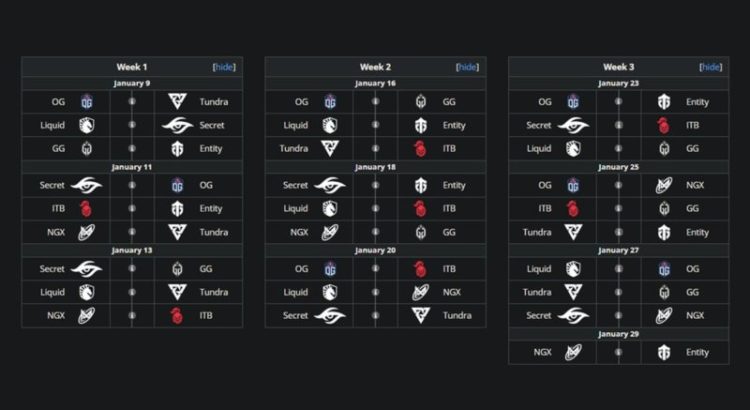All characters and artwork shown are for parody and remain the property of their respective copyright owners.


All characters and artwork shown are for parody and remain the property of their respective copyright owners.

Going into 2023, Thunder Awaken are once again back to square one, after completing the best…

The Brawlhalla Galaxy Cup Blizzard is starting up in a few days, kick starting the 2023…

The legendary EDward Gaming mid laner, Lee “Scout” Ye-chan has left his team to join LNG…

Activision-Blizzard engineer Dustin Yost, who is part of the Proletariat team, says the unit is unionizing…

FaZe Clan have been making some big moves into the web3 space through several partnerships, some…

Sentinels leaving Fortnite adds another org to the list, but why is Fortnite suddenly such an…

Battlestate Games has revealed a series of images that totally uncover the Tarkov Arena platform, an…

The MLBB M4 World Championship is almost here with the Group Stage. Ahead of the tournament,…

With the Dota Pro Circuit having a more condensed schedule in 2023, we have an opportunity…
100-198 Fitch St,
Syracuse,
NY 13204, US
Keep updated with the latest esports industry news
Sign up to our newsletters here
Manage cookies